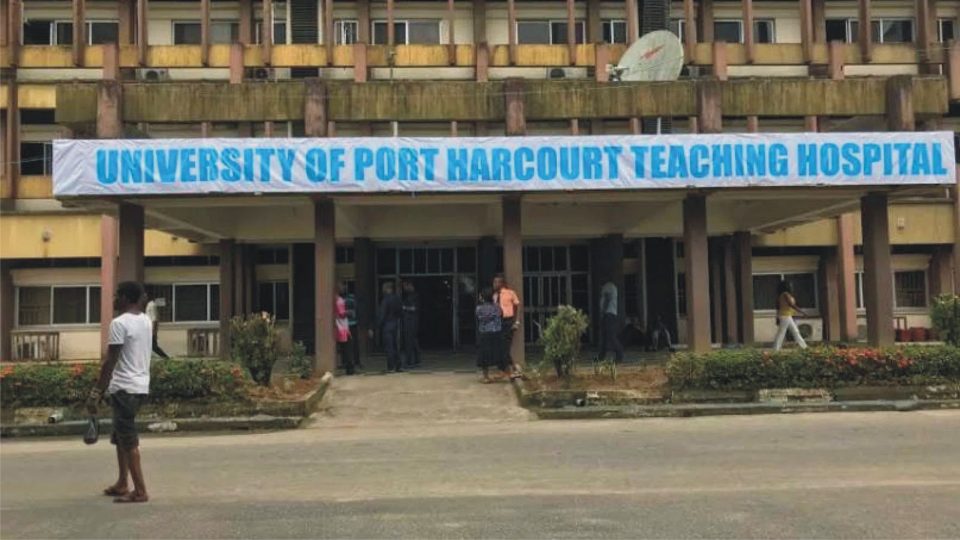By: Felix Ikpotor
Specialists in haematology and blood transfusion have hinted that constant exposure to flared gas and other hydrocarbons could be the reason for the much prevalence of acute leukemia cases in the South South region than other parts of the country.
The specialists gave the hint at the monthly Hospital Grand Rounds organised by the University of Port Harcourt Teaching Hospital, UPTH, with the theme ‘Acute Leukemia: Diagnostic and Therapeutic Challenges in a Low Income Setting’.
Dr Uchechukwu Okite, Head of Heamatology Department while speaking with newsmen shortly after the presentation said the disease is more prevalent in the southern part of the country than the north and other parts probably because of the kind of environment people in this region are exposed.
He said although there are generally no known causative factors of the disease but it’s prevalence in this region could be as a result of the environment surrounding the area.
“The causes are generally unknown but there are risked factors that could make people predisposed to it. Now we don’t know why it’s more prevalent here in the South than other parts of the country like the North, but we could guess because of the things we are exposed to like during the time of black sooth, the kind of exposures we are having in the environment due to flaring of hydrocarbons. All these things are known to be risk factors to someone developing this acute leukemia,” he said.
He said the essence of the hospital grand round is to enlighten the hospital community about the existence of the ailment.
“Basically, it’s to enlighten the hospital community and to tell them about the disease and how to make the diagnosis because people think this diseases is outside the spheres of this country and our environment but it’s very common, so enlightening the hospital community that it could come in any form like the patient we presented which came with arthritis and someone could just start managing arthritis without knowing that it’s from the blood, that it’s from the blood the cells now migrated to those joints to now cause arthritis, so it’s to present that it could come from any angle, it could come from people having swollen gums and even the eyes. We have seen people having blood in the eyes not knowing that it’s from leukemia” he said.
The HOD said early diagnosis of the disease is key to its treatment.
“So if we have early diagnosis, it would make for better treatment and better response to treatment so that’s why we are enlightening the hospital community to know about how these things could present,” he stated.
In his presentation, Dr. Wobo Emmanuel, a senior resident in the department of Haematology and Blood Transfusion said the hospital has recorded 313 cases of leukemia in the last ten years.
“We currently run a cancer registry. Every cancer diagnosis that is discovered in this hospital we register it. What we did was that we counted the number of cases that we have seen in ten years period and we discovered that we have made a diagnosis 4130 cancer cases and out of that, 313 were blood diseases so we now said that the amount of blood diseases is 7.7 percent of all cancers that we have made diagnosis”.
He said the absence of modern investigation materials is hampering their ability to treat the disease.
“We need appropriate investigation materials to be able to investigate these cases of cancer so that we can treat. One of the reason we can’t treat is because what we are using is not up to standard. For instance, the classification we are using for this malignant diseases was given in the 70s and when we can use the modern classification of World Health Organisation, WHO, of 2016, 2000 and even 2022 and for you to do that molecular testing, cytogenetic analysis and other things are all needed and all those things are expensive and those materials are part of the things we are requesting for so we can effectively manage this ailment”, he said.
The haematologist called on private individuals and philanthropists to assist the hospital in providing facilities for investigation and treatment.
“The government is needed but also individuals, philanthropists, not only government because whatever we have in this hospital is given by federal government so individuals can come and assist like we are saying our machines are bad, philanthropists can come in and fix this things for us,” he said.

